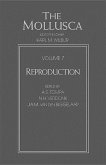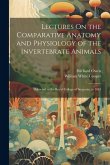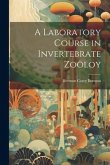Invertebrate Embryology and Reproduction deals with the practical and theoretical objectives of the descriptive embryology of invertebrates, along with discussions on reproduction in these groups of animals. It explains several morphological and anatomical expressions in the field and covers the embryology of invertebrate animals, starting from the Protozoa, to the Echinodermata, the Protochordate and Tunicates. These groups include economically important aquatic invertebrates, such as crustaceans, as well as medically important invertebrates and economic arthropods. Each chapter is preceded by the taxonomy of the discussed phylum and/or the species to enable the reader to locate the systematic position.
Hinweis: Dieser Artikel kann nur an eine deutsche Lieferadresse ausgeliefert werden.
Hinweis: Dieser Artikel kann nur an eine deutsche Lieferadresse ausgeliefert werden.








